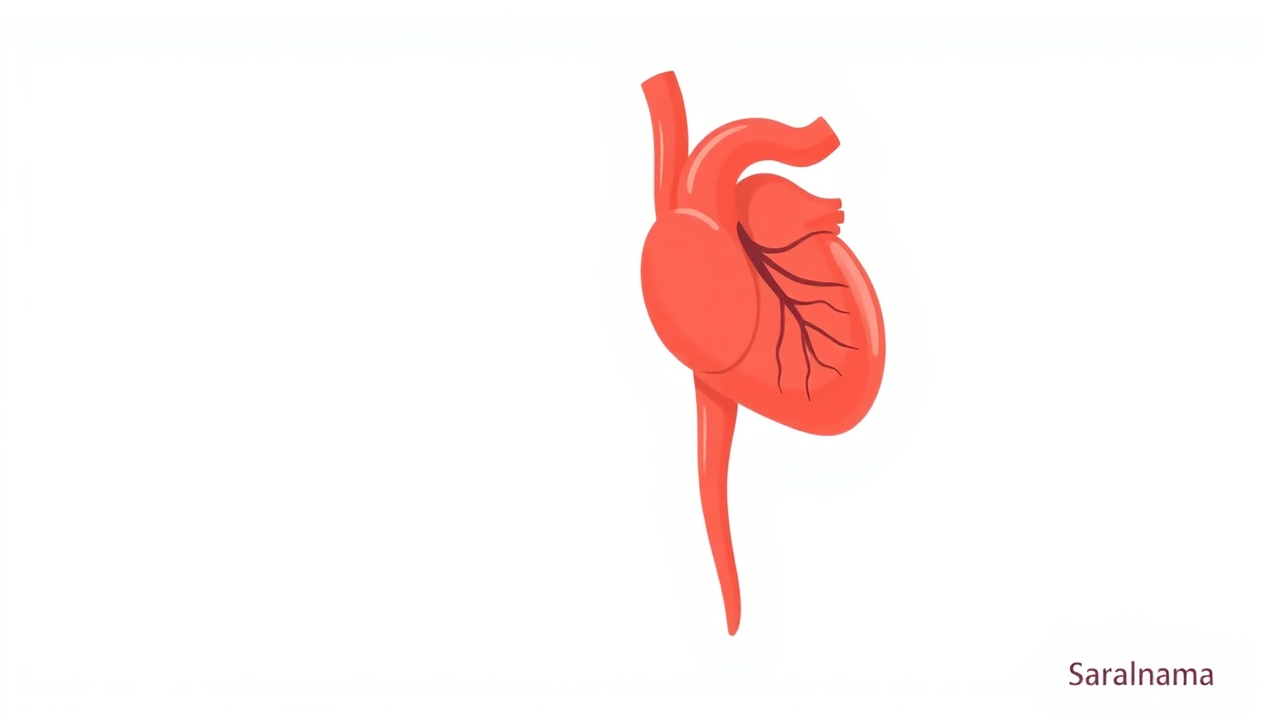A 52-year-old individual without diabetes recently raised concerns about health markers showing blood pressure at 130/90 mmHg, creatinine level at 1.35, and an estimated glomerular filtration rate (eGFR) of 55. According to medical experts, these readings suggest early kidney stress classified as Stage 3A chronic kidney disease (CKD), though the condition is not yet irreversible. Kidney function decline can occur even in non-diabetic individuals due to silent metabolic issues such as borderline high blood pressure, excess weight, insulin resistance, elevated uric acid, fatty liver, prediabetic traits, and sleep apnea. Experts emphasize that timely intervention through blood pressure control, weight management, dietary adjustments, and regular monitoring of metabolic markers can significantly slow deterioration. With consistent lifestyle changes and medical attention, kidney function can often be stabilized, preventing further damage and reducing long-term health risks.

Steps to Protect and Stabilize Kidney Health
Medical professionals recommend a comprehensive prevention plan focusing on metabolic health. Achieving blood pressure closer to 120 mmHg is crucial for kidney protection. Structured weight loss of 5 to 7 kg over three to four months can improve eGFR and reduce insulin resistance. Balanced protein intake is important; avoid very high-protein diets, excessive red meat, and unsupervised supplements. Reducing salt and ultra-processed foods helps manage both blood pressure and kidney stress. Regular physical activity, such as 30 to 40 minutes of brisk walking daily, benefits kidneys, blood pressure, and weight simultaneously. Avoid frequent use of painkillers like ibuprofen, as they can worsen kidney function. Monitoring HbA1c every six months, kidney tests every three to four months, and tracking home blood pressure readings are essential for ongoing assessment.
Source: Link
